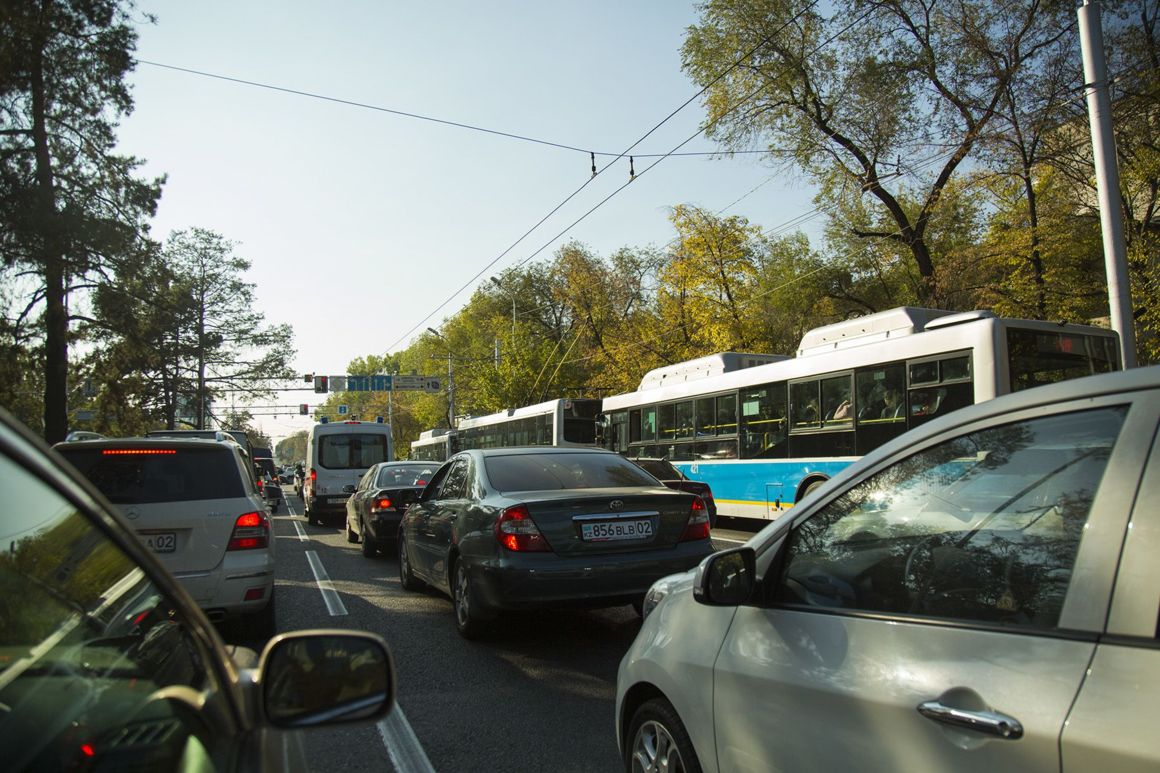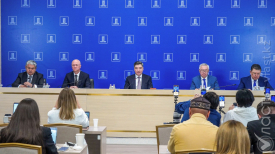- ВКонтакте
- РћРТвЂВВВВВВВВнокласснРСвЂВВВВВВВВРєРСвЂВВВВВВВВ
Although Rome fell in the VI century, Theodoric The Great, King of the Ostrogoths, continued the construction of Roman infrastructure such as aqueducts and baths, and maintained the previous institutions. This scenario is unimaginable in contemporary Kazakhstan. When our mayors change, everything goes back to square one. State employees leave and their projects are shelved.
After Almaty mayor Bauyrzhan Baibek was dismissed, BRT, Vision Zero, and the light rail train projects were halted. Instead, fences, potholes, and visual pollution came back. His successor Bakytzhan Sagintayev allowed more cars in the streets. Yerbolat Dossayev, after him, surprisingly continued to side with the motorists, also in the case of BRT, as he continues to postpone the project’s completion. The city administration organizes concerts and plants flowers. When there is no bread, let them eat cake. If they do not own a car, let them just walk.
The new mayor of Almaty is a businessman ranking among the riches in the Forbes list. Mayors only answers to the president, the one who appoints them. They have no responsibility towards the people. And therefore no-one will ask Sagintayev why the issue of public transit was not solved in Almaty, just like no-one will ask Dossayev. The only one who could answer is only preoccupied that the presidential elections are carried out smoothly and that protests take place exclusively in the spaces designated by the local parliament. And only if the right to protest is not taken away by an impromptu farmers’ market.
Like Nursultan Nazarbayev before him, every year President Kassym-Jomart Tokayev speaks of the need to address air pollution in Almaty. Thus the city administration adopts road maps, designs development plans, and sets strategic dates. Yet citizens understand that these are false promises. With personnel turnover every few years, outgoing mayors forget about their dreams for the city, as one does with nightmares. And we will continue to see the smog we breathe, burn garbage for heating, squeeze like sardines in buses, or get stuck in traffic jams.
If this is the scenario in the largest and richest city, what about other urban centers in Kazakhstan?
How do we ensure that infrastructure projects that should take three-four years do not languish incomplete for decades or get canceled with every new mayor? Maybe having mayoral elections could help, but only if these are held in a genuinely “New Kazakhstan” and not within the old regime. The local parliament is already elected by the people and it must defend their interests.
But do we know the names of the 38 people that should work in the interest of the two million residents of Almaty? Will they continue to be a rubber-stamp institution or will they start asking questions and demanding accountability? Can this scenario become reality or will it be the same utopia as clean air and new tram lines in Almaty?
Поддержите журналистику, которой доверяют.








